Gravel Spreading Service for Surface Stability
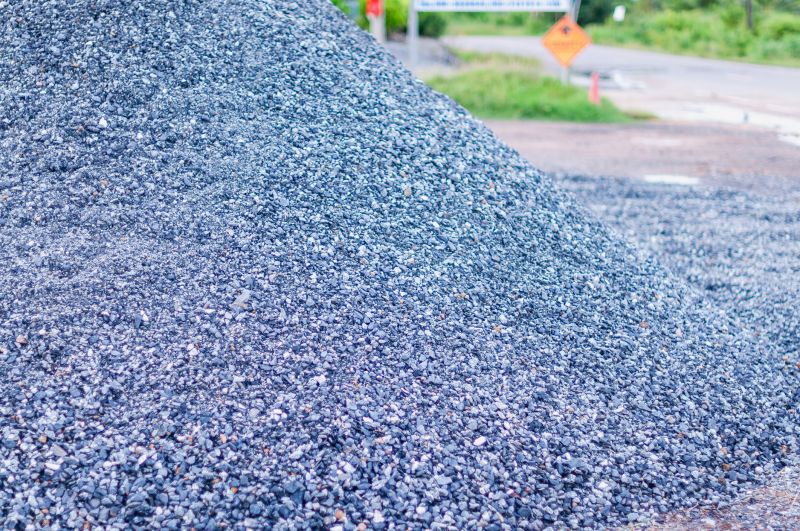
Spring is ideal for gravel spreading due to cooler temperatures and dry conditions, which facilitate proper compaction and settling.
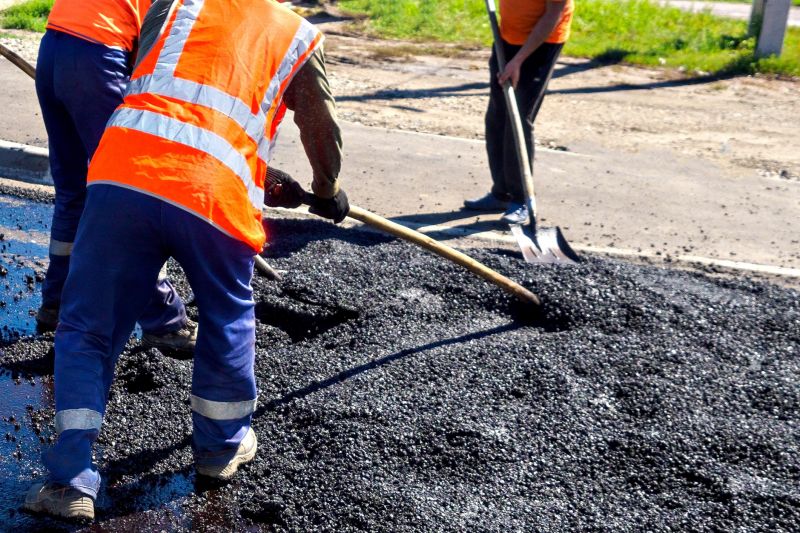
Summer offers longer daylight hours, but high temperatures and potential rain can affect the quality of gravel application.

Fall provides moderate weather and stable ground conditions, making it suitable for gravel spreading before winter.
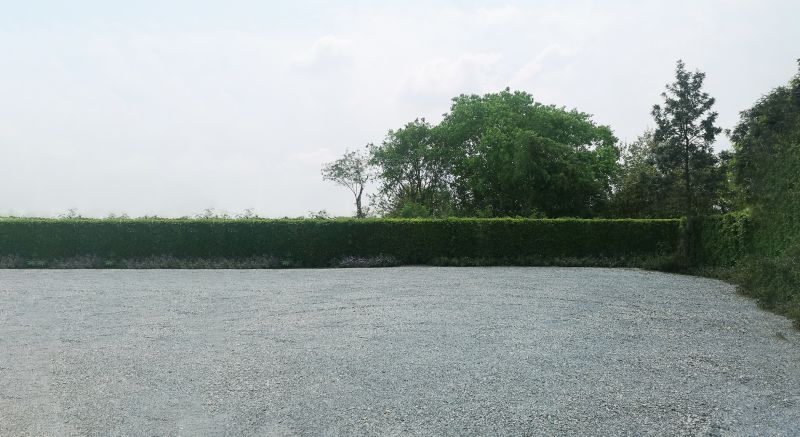
Ways to make Gravel Spreading Service work in tight or awkward layouts.

Popular materials for Gravel Spreading Service and why they hold up over time.
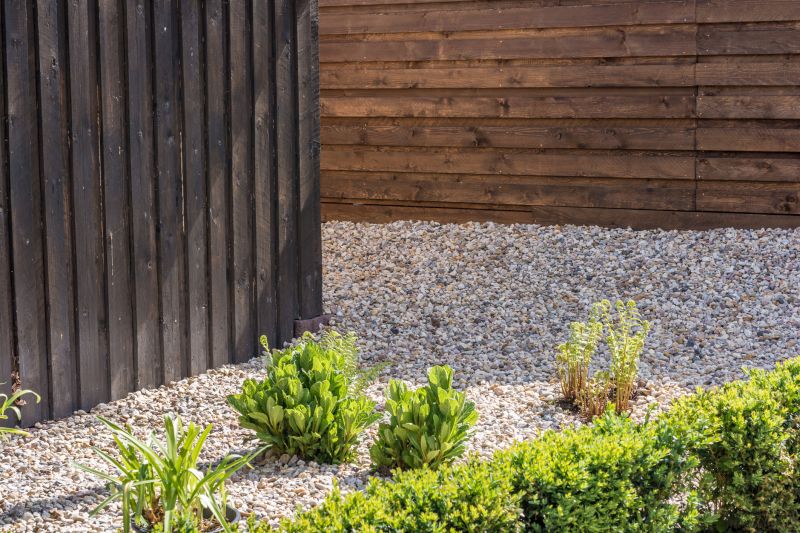
Simple add-ons that improve Gravel Spreading Service without blowing the budget.
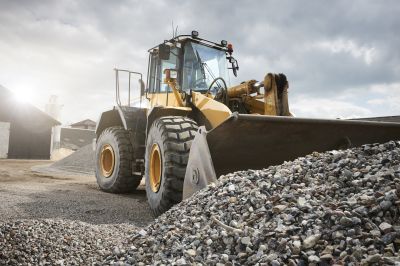
High-end options that actually feel worth it for Gravel Spreading Service.
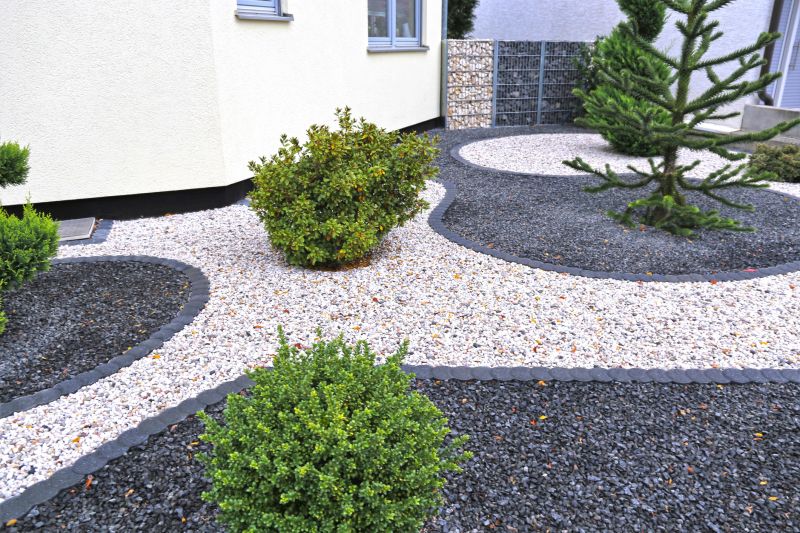
Finishes and colors that play nicely with Gravel Spreading Service.
Gravel spreading service involves distributing aggregate material over a designated area to improve surface stability, drainage, and accessibility. It is commonly used in driveway construction, road maintenance, and landscaping projects. Proper timing ensures optimal compaction and longevity of the gravel layer.
Statistics indicate that scheduling gravel spreading during dry, moderate weather conditions reduces the risk of erosion and ensures better adhesion. In regions with distinct seasons, spring and fall are typically preferred for their favorable weather patterns, while summer may require additional planning to avoid heat-related issues.
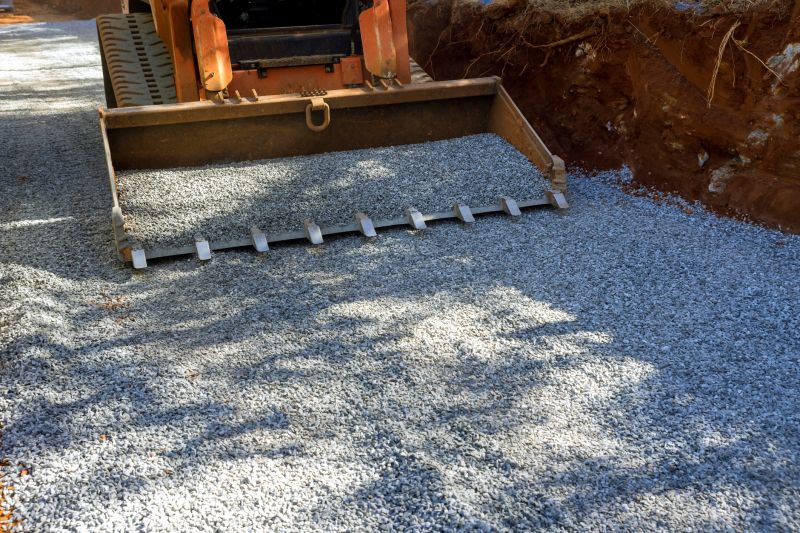
Specialized machinery ensures even distribution and proper compaction of gravel for durable surfaces.
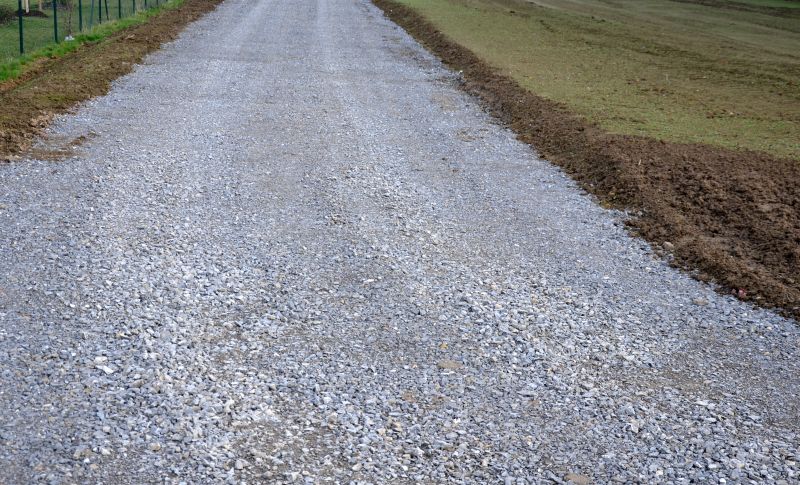
Site preparation involves grading and leveling to create an optimal base for gravel application.
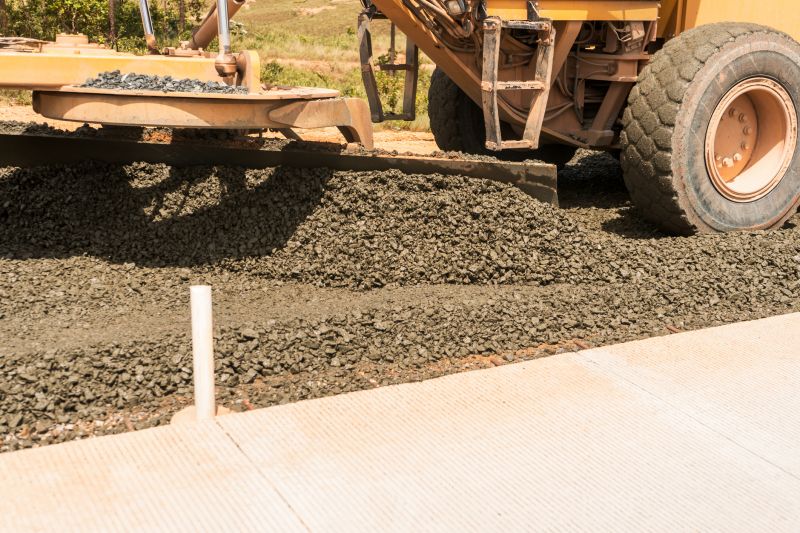
The process includes spreading gravel evenly across the surface, followed by compaction to secure stability.
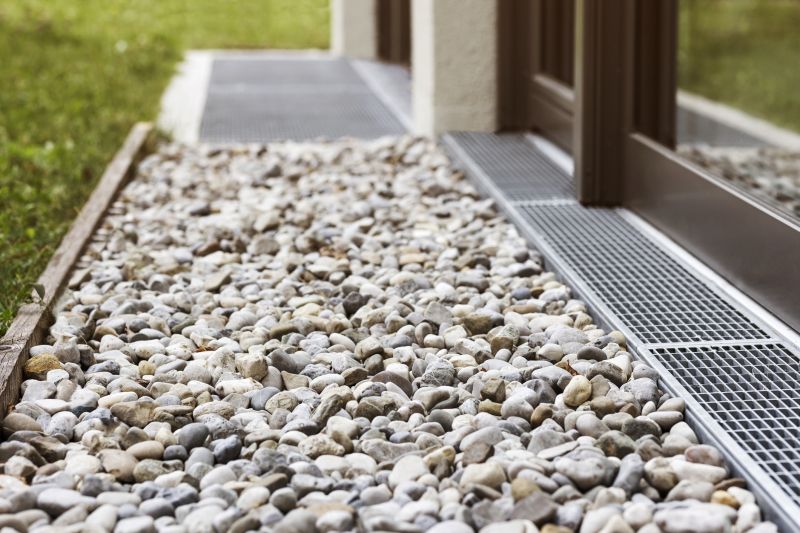
A properly spread gravel surface provides improved drainage and reduces maintenance needs.
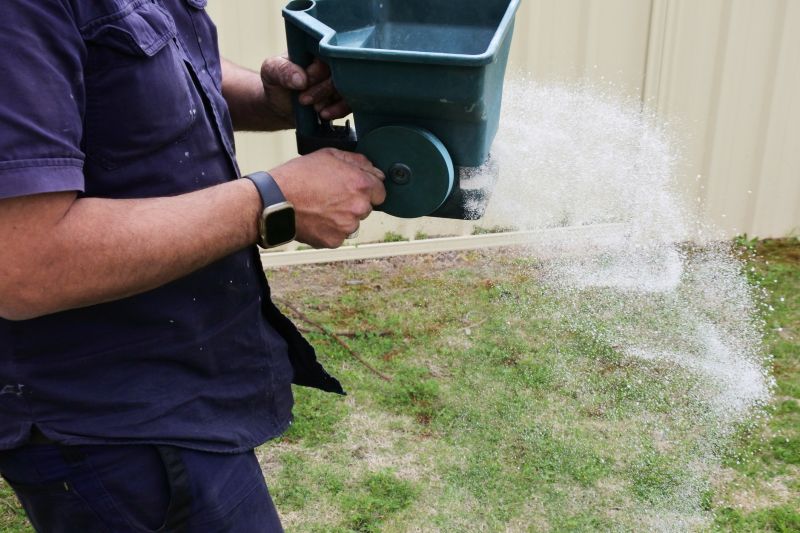
Little measurements that prevent headaches on Gravel Spreading Service day.
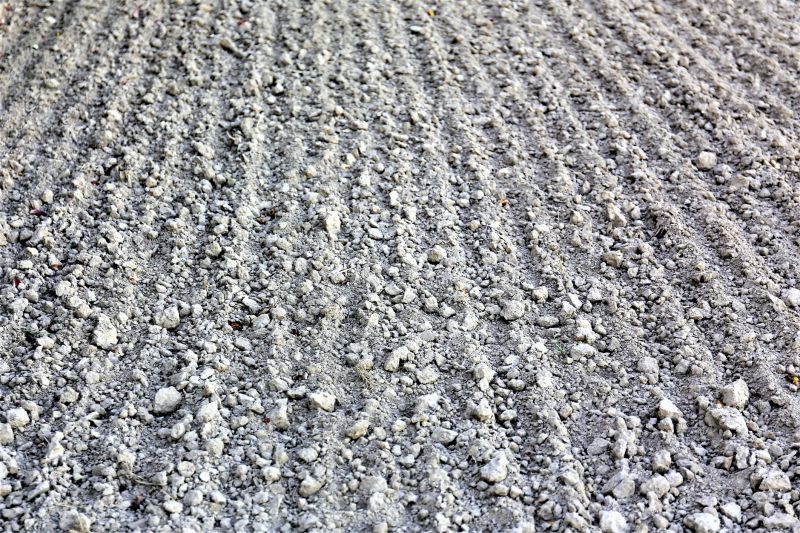
A 60-second routine that keeps Gravel Spreading Service looking new.
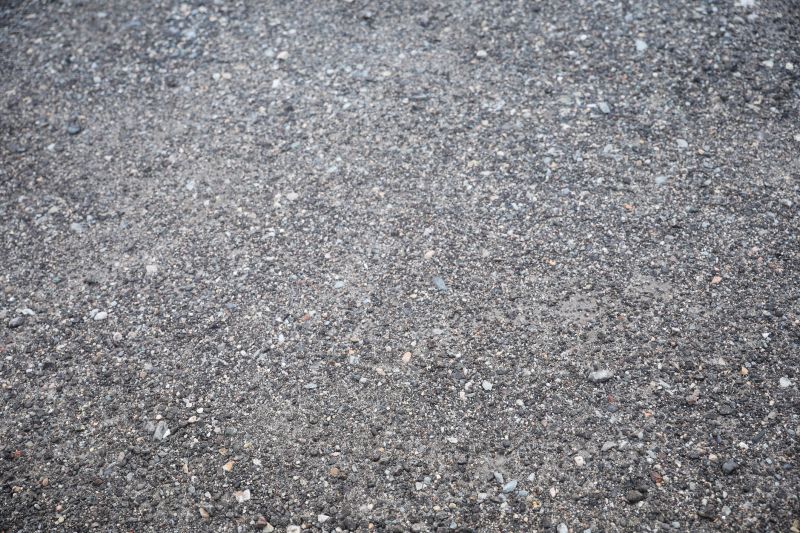
A frequent mistake in Gravel Spreading Service and how to dodge it.
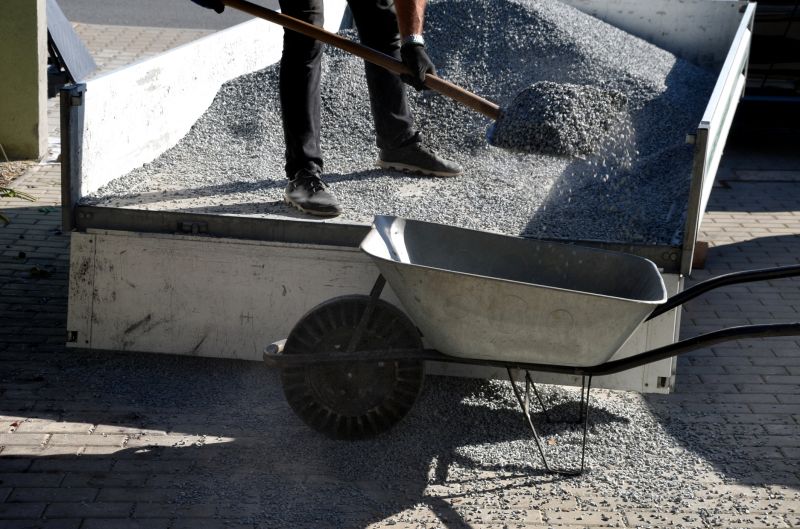
Small tweaks to make Gravel Spreading Service safer and easier to use.
| Season | Advantages |
|---|---|
| Spring | Ideal for dry conditions, promotes proper settling and compaction. |
| Summer | Longer days allow for extended work hours, but requires planning for heat. |
| Fall | Moderate weather supports effective spreading before winter. |
| Winter | Generally not recommended due to frozen ground and weather challenges. |
Timing gravel spreading services appropriately can extend the lifespan of the surface and reduce future repair costs. Weather conditions, ground moisture levels, and project deadlines are key factors in selecting the best season for application.
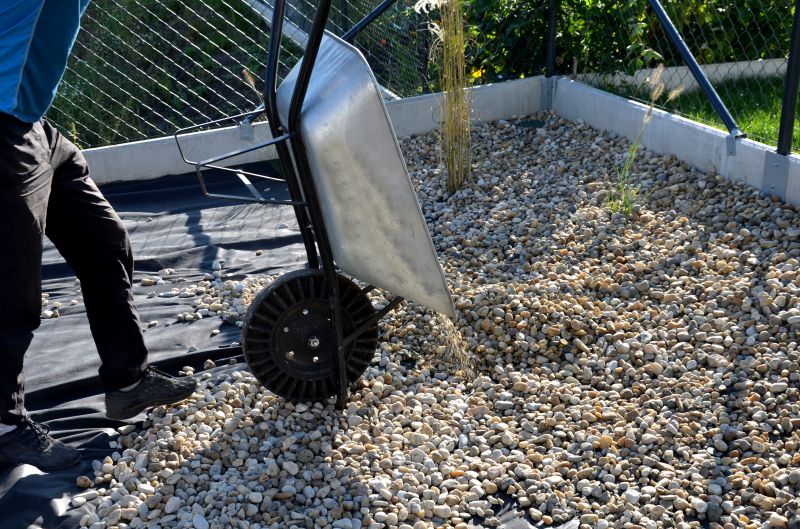
Weather significantly influences gravel spreading quality and durability.
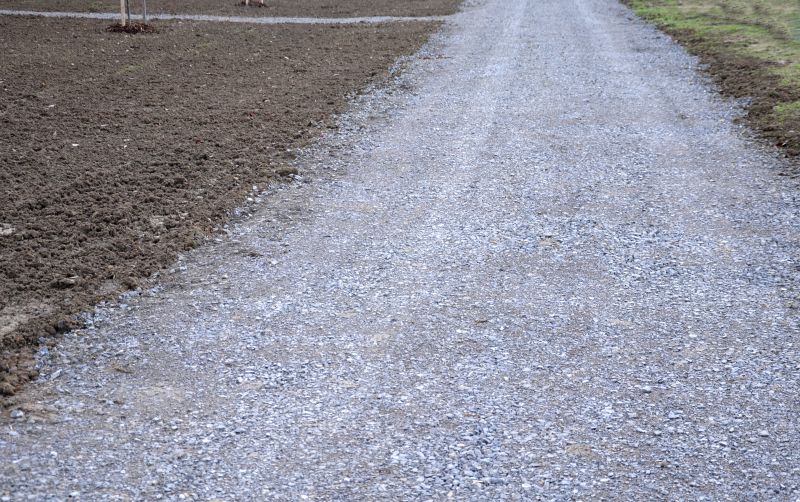
Dry, mild weather with low wind speeds enhances compaction and surface stability.
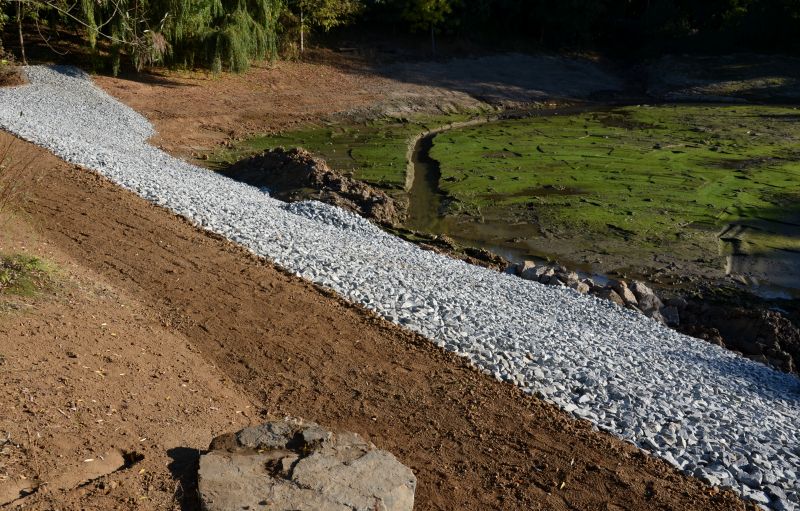
Scheduling during favorable weather minimizes disruptions and ensures quality results.
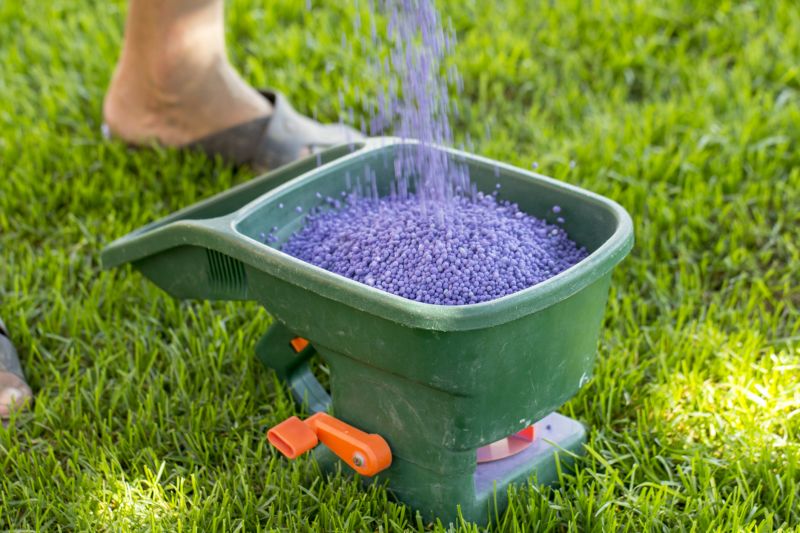
Proper maintenance after spreading prolongs surface integrity regardless of season.
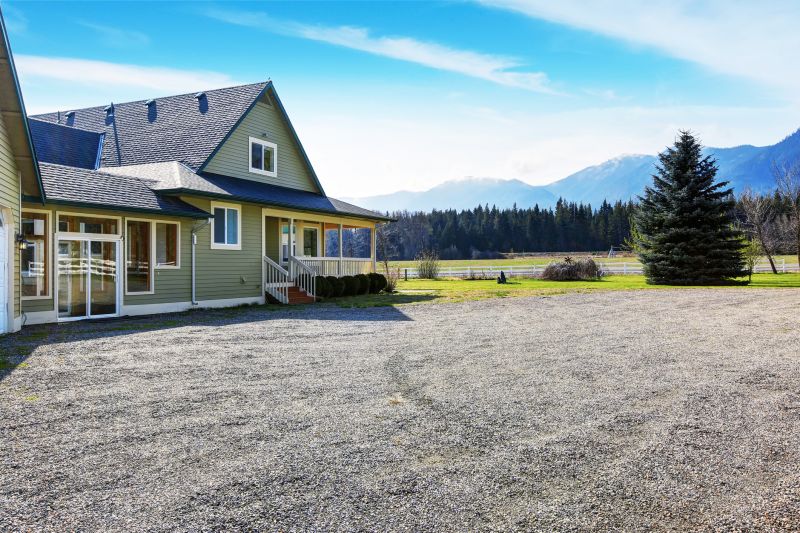
Lower-waste or water-saving choices for Gravel Spreading Service.
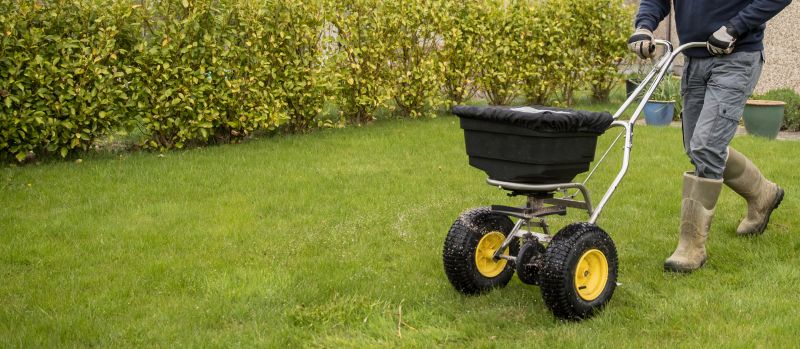
The short, realistic tool list for quality Gravel Spreading Service.
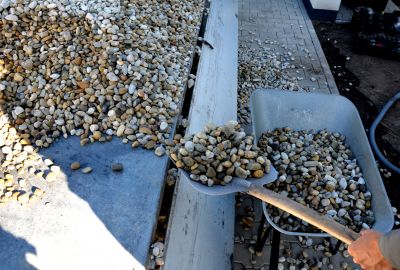
Rough timing from prep to clean-up for Gravel Spreading Service.
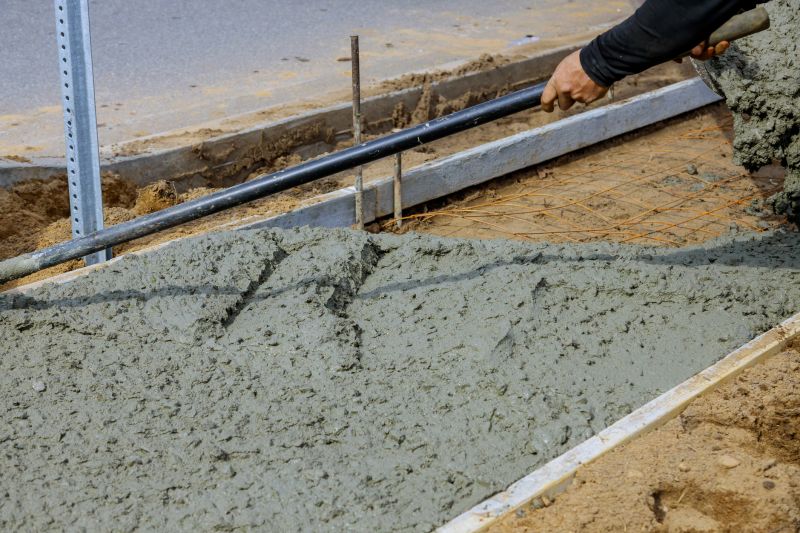
Quick checks and paperwork to keep after Gravel Spreading Service.
Interested in scheduling gravel spreading service? Filling out the contact form provides an opportunity to discuss project specifics and timing preferences to achieve the best results.
Examples that show the impact a good Gravel Spreading Service can make.
Ways to make Gravel Spreading Service work in tight or awkward layouts.
Ways to make Gravel Spreading Service work in tight or awkward layouts.



